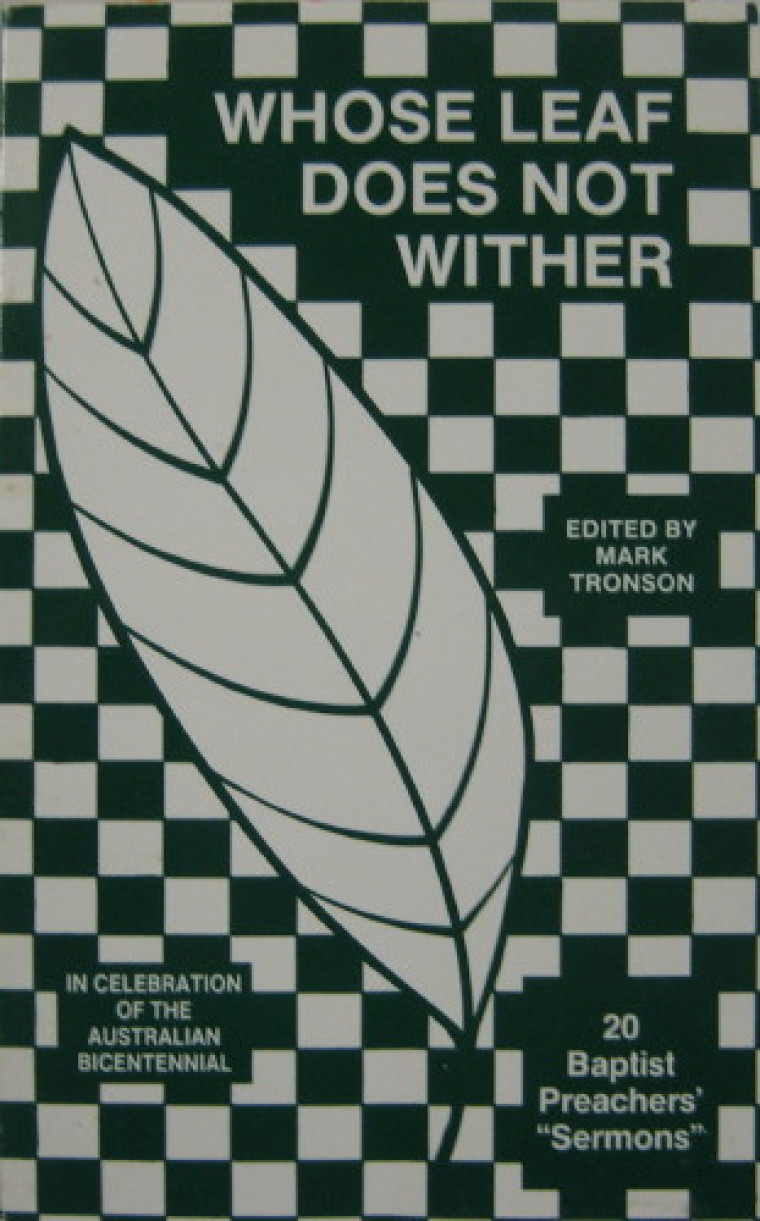
Well-Being Australia chairman Mark Tronson is also author of 24 books, most of which have been reviewed. He was interested in the critique of 'criticism' by Damon Young, journalist and philosopher, who stated: "... criticism of our work is a special case: it's one of interest, agenda, bias. As writers, we have a stake in the reception of our works, just like chefs, actors and directors."
http://www.smh.com.au/opinion/society-and-culture/a-bad-review-can-be-a-learning-experience-rather-than-a-kick-in-the-gut-20091220-l7f0.html
Damon Young's opinion is that the general public is really quite good at working out what they like and don't like. However, he thinks that reviewers still have a valuable and indirect role to play in educating the general public about writing, films, restaurants, and all the other social aspects of our culture.
"They do not simply judge good writing, they are good writing, and they reflect on their subject as they do... They enhance and enrich taste. They educate the palate," he explains. His main worry is that, if we fawningly accept the opinion of shallow or vindictive reviewers, we will "forget what good criticism is".
M V Tronson claims that Damon Young's comments can be transmitted to any type of critical analysis, and he turns his attention to Christian book reviewers.
Christian book readers do know what they like and reviewers can provide insights into our reading tastes; we instinctively recognise when a reviewer has got a grasp of the Christian book's subject.
There are, however two dimensions to reading reviews of Christian books. The first is the issue of the book itself, which is no different from a review of any other book; there are an innumerable number of different genres of Christian literature, such as the Christian romance novel, to books on living a Christian life style, on biographies and autobiographies of Christian leaders, Bible commentaries, right he way through to theological text books.
The reader can choose his or her preference, and regard the reviewer with authority or scepticism as they wish; but some Christian life style books are gold mines for Christian publishers, who ensure theologically sympathetic reviewers and publications.
M V Tronson warns that it is a case of 'buyer (or reader) beware' – read these books if you enjoy them - but make your own judgement and always be wary of the credentials of Christian reviewer where there may be a conflict of interest with too close an association between author, publisher and reviewer.
The second issue is the more important underlying principle for a Christian - it is that of theology. The reader wants to be reassured that the reviewer has a proper grasp of the subject at question, because misunderstanding theology can be a pitfall for the unwary.
For those who review bible commentaries and theological text books, it is more likely that the reader will be 'educated' (in the sense that Damon Young meant) if the reviewers are biblical scholars themselves with a deep understanding of the Hebrew and Greek Scriptures.
In the Christian world it depends on a further critical issue: the theological position of the author and that of the reviewer.
The classic modern example of such a scenario was Australian writer Barbara Thiering and her book on the Dead Sea scrolls that challenged Christian orthodoxy.
http://en.wikipedia.org/wiki/Barbara_Thiering
Barbara Thiering came in for a caning from conservative theological book reviewers while those on the liberal wing of Christianity saw it in a totally different light. M V Tronson wonders how much influence each type of reviewer had on the potential readers. Did members of the general public (Christians and others alike) read the book, regardless of the review, and make up their own minds? Or were they influenced one way or another by the mindset of the reviewers?
There are numerous places where Christian book reviewers can do their work effectively. Most Christian publishers have a place for book reviews, and increasingly a wide variety of these can be found on the Internet.
A small number of these sites illustrates the Christian book review climate:
http://www.bibleprobe.com/books.htm
http://christianity.about.com/od/christianbookreviews/Christian_Book_Reviews_Fiction_and_NonFiction_Christian_Book_Review.htm
http://www.christianreviewofbooks.com/
http://www.christianbooksreview.com/
http://www.discerningreader.com/
The Christian book review situation therefore is a Pandora's box in M V Tronson's opinion. He says that only when the reader is conversant with the reviewer, their integrity, the integrity of the book and the theological viewpoint of all parties, can he or she be certain of the true validity of the review.
In the meantime, those who are interested will just keep reading Christian books of all types. Just like readers of any genre, or those seeking a good restaurant or wondering whether to pay to go to an art exhibition or a concert, in the words of Damon Young, "We do not need great guardians of culture to defend us from a bad curry or a weak plot - we know our taste, and it is exciting to follow it up."